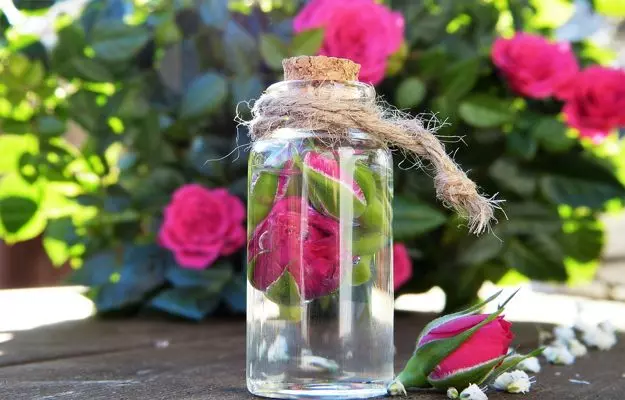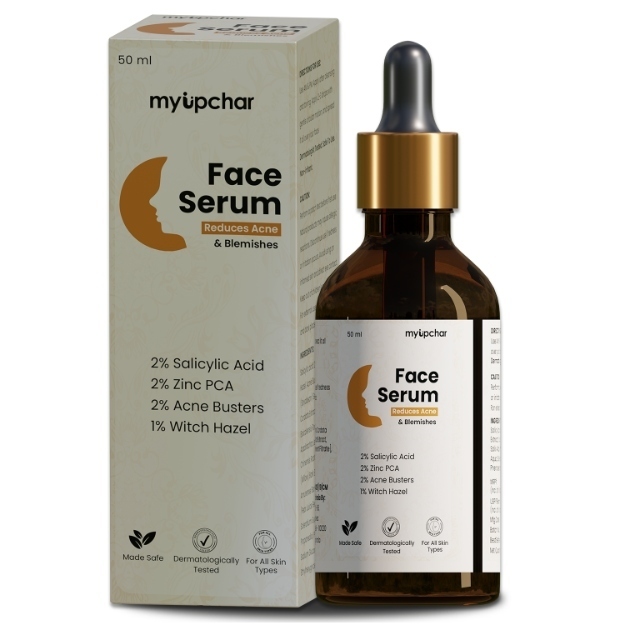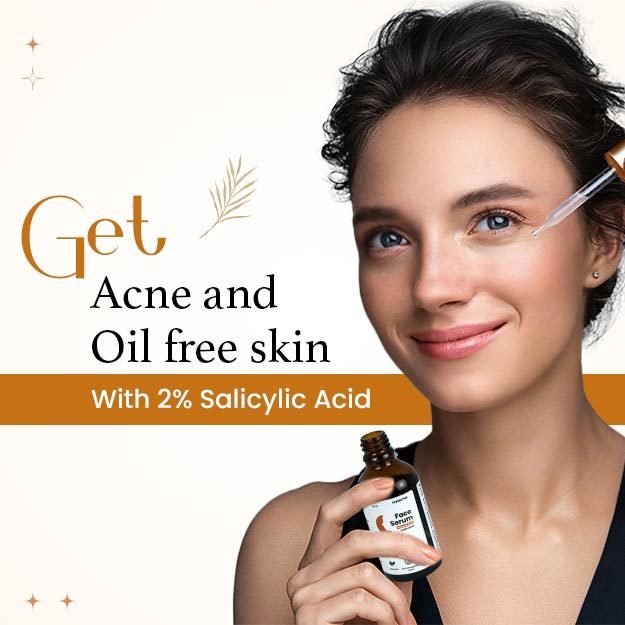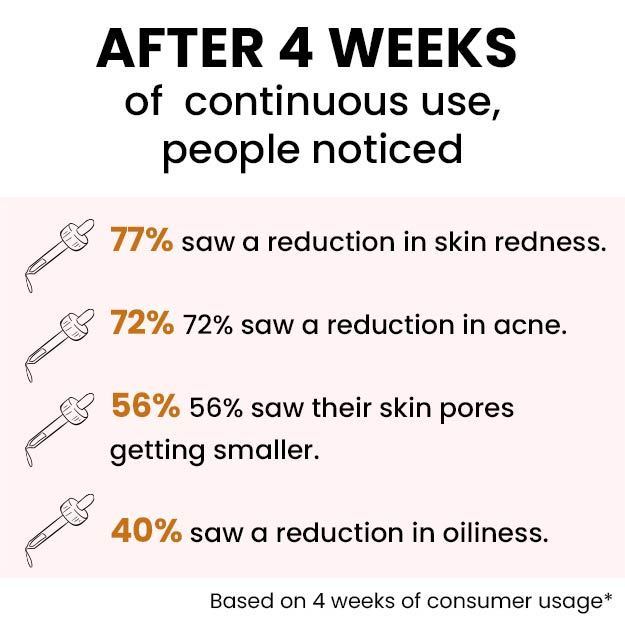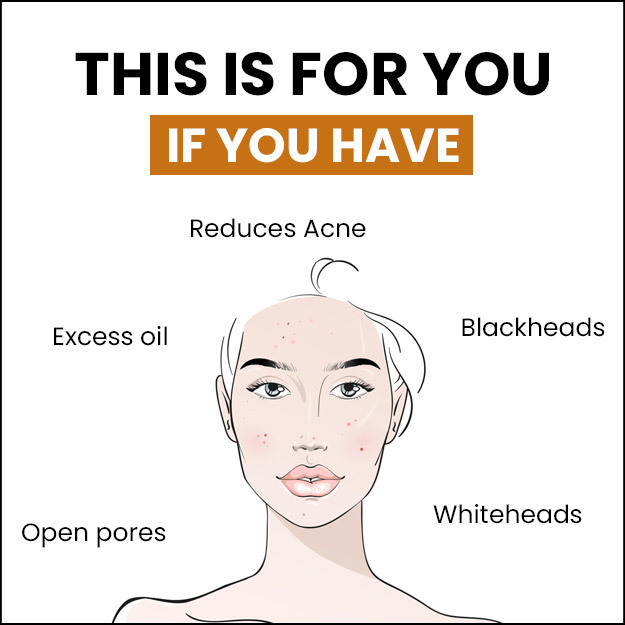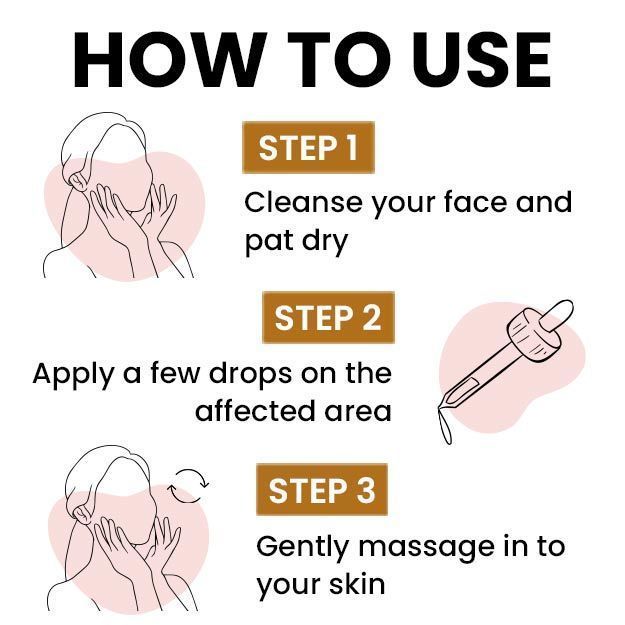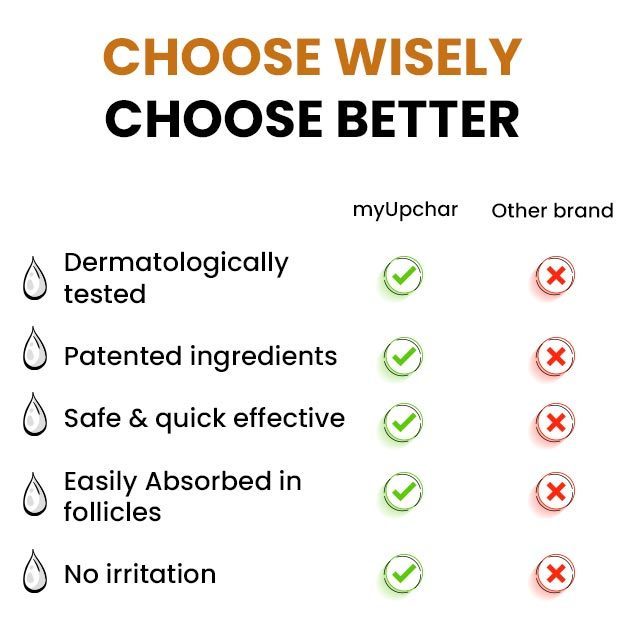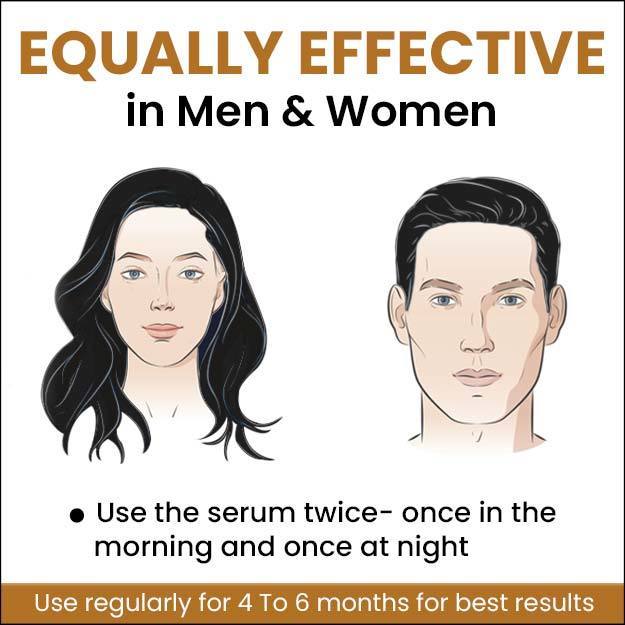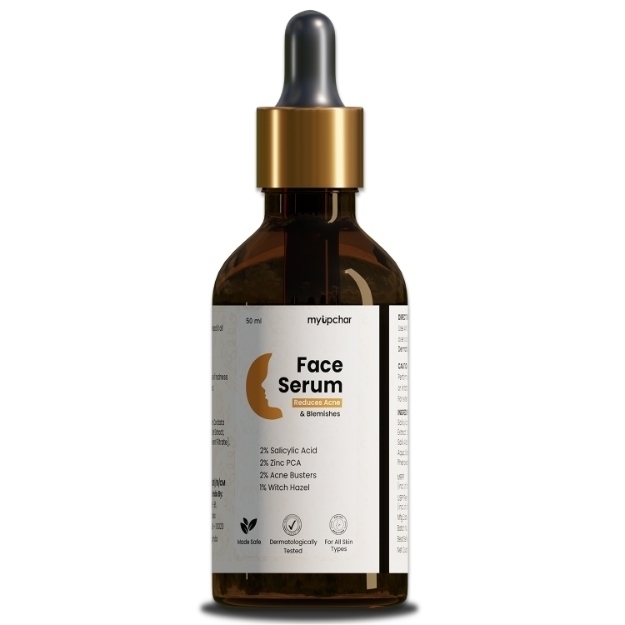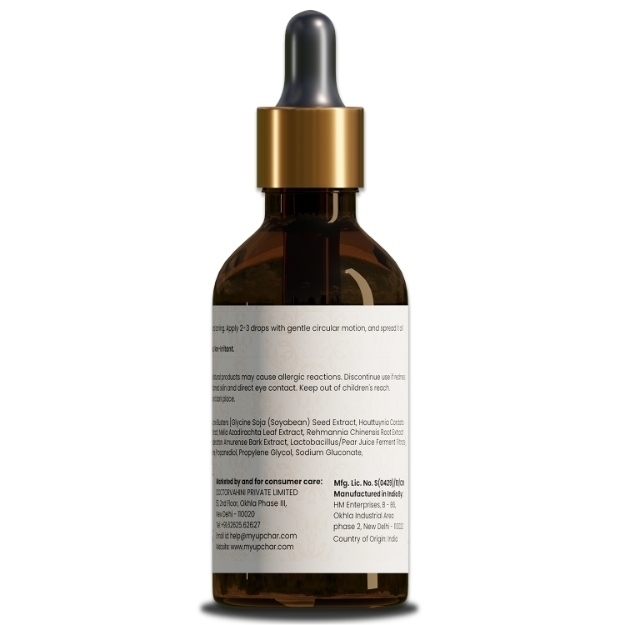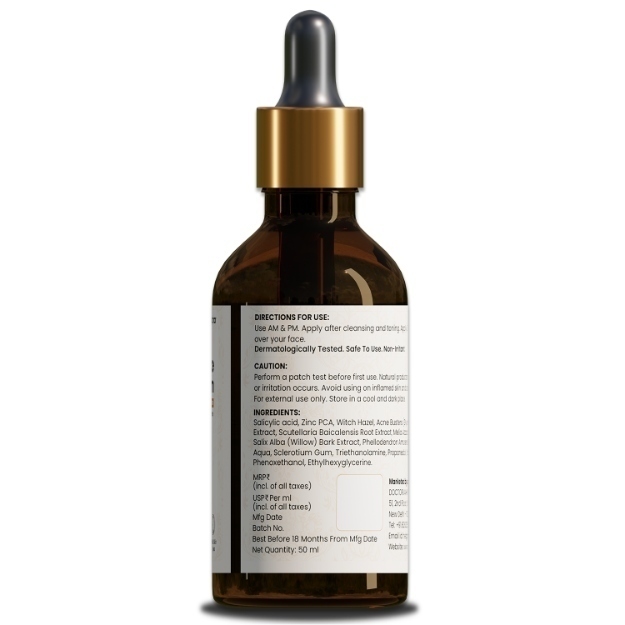It would be wrong to talk about rose water and not put its skin benefits at the top. After all, that is usually the first thing that comes to mind when talking about rose water. Right?
Rose water is a known astringent and toner which means it reduces the size of skin pores and helps balance skin pH which is very important to maintain skin health. It hydrates the skin and we all know a well-hydrated skin looks younger and glowing.
Rose water toner
A rosewater toner can be easily made at home by the following recipe:
- Mix ¾ cup of rose water and about ⅔ cup of witch hazel (can be bought online).
- Add a few drops of glycerin to this mixture.
- Pour the mixture in a clear glass bottle and keep in the refrigerator.
- Spray or dab your face with this mixture two times a day (morning and bedtime).
Apart from toning, it helps balance pH and moisturises your skin. It is thus good for all skin types.
(Read more: Open pores home remedies)
It might interest you to know that most of the traditional skin benefits of rose water are now being confirmed by scientific evidence. Let’s have a look at them.
Antiseptic
Did you know that rose water can protect you from skin infections?
Commonly caused by microbial growth, skin infections not just take away skin glow but also deteriorate skin tissues and hamper its quality. Though there are a number of infectious bacteria that affect the skin, Staphylococcus aureus is much feared. Staph infections spread quickly through direct contact with an affected person or their belonging and appear in the form of blisters, swelling, and skin bumps that are painful. Though a normal staph infection clears away itself, it can sometimes stay and would require treatment.
Research evidence suggests that natural oils present in rose have some active chemical compounds which can inhibit the growth of common infectious bacteria like Escherichia coli, Pseudomonas aeruginosa and Staphylococcus aureus. In fact, rosewater has been found to be effective in reducing the growth of antibiotic-resistant staph infections which are the woes of clinical and cosmetic pharmacologists in the modern century.
Since rosewater contains about 50% of rose oils, it inadvertently comprises all of those benefits.
Clears acne
Acne is a condition characterised by inflamed and swollen skin which is caused due to the clogging of skin pores with oil and/or dead skin. It can affect anybody but teens and preteens most commonly affected by this problem. Fortunately, rosewater can help you get rid of those zits naturally.
Studies indicate that rosewater possesses potent anti-inflammatory properties which are helpful in reducing swelling, redness and pain associated with acne. Additionally, the antibacterial properties of rosewater inhibit the growth and spread of acne-causing bacteria, Propionibacterium acnes.
Also, as an astringent and moisturiser, rosewater clears off extra debris from your skin and closes pores so there is a lesser chance of future infection.
Clean your skin twice a day with rose water or mix rose water in your skin care packs to help remove pimples and get a smoother looking skin.
Anti ageing
Apart from clearing away acne and pimples, rosewater can also assist in reducing skin ageing. Yes, it can help to remove all blemishes and skin spots. This is because of the presence of antioxidants in rose plants. These antioxidant compounds fight free radical damage and slow down the process of skin ageing. And the best part is that it does not have any side effects. You can spray rose water on the skin in the morning and evening to achieve that younger and supple looking skin.
An anti-ageing mask can be made at home by adding rose water to some Multani mitti, yoghurt and sandalwood.
(Read more: Antioxidant food sources)

